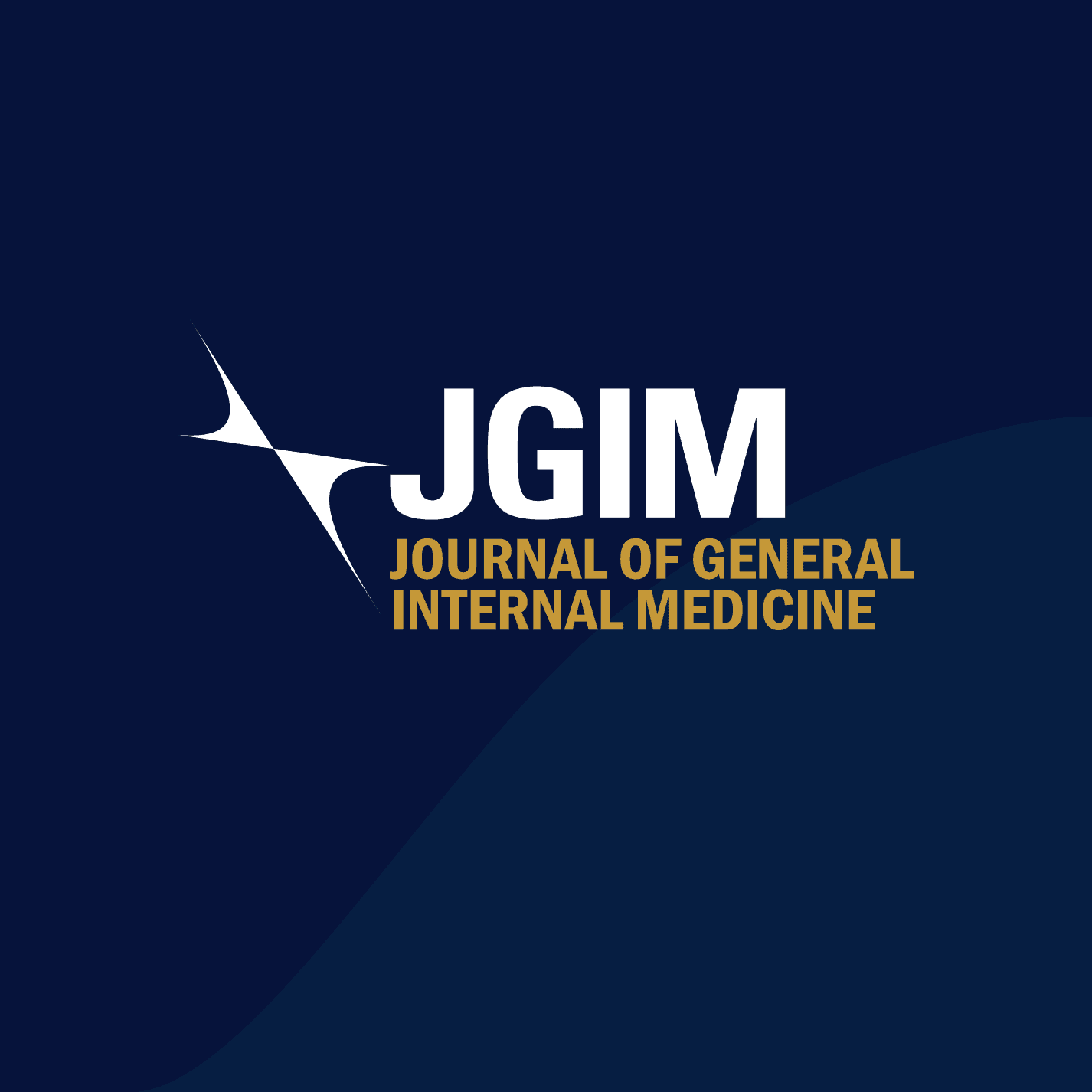Abstract
Background
Virtual interviewing for residency provides considerable savings. Its impact on match outcomes remains unclear.
Objective
Evaluate the impact of virtual residency recruitment on program and applicant assessment and match outcomes.
Design
Cross-sectional survey, September 2020–July 2021
Participants
Faculty interviewers and 2019 and 2020 PGY-1 classes at three academic internal medicine residencies.
Main Measures
Survey items rating effectiveness of interview format, preference for future interview format, and perceived impact on diversity.
Key Results
A total of 247/436 faculty (57%) interviewers responded. Faculty perceived that in-person interviews enhanced applicant assessment (3.23 ± 0.38, p < 0.01) and recruitment of the most qualified applicants (p < 0.01) but did not impact recruitment of a racially or gender diverse class (3.03 ± 0.99, p = 0.95 and 3.09 ± 0.76, p = 0.14 respectively). They also did not demonstrate a preference for future interview formats. A total of 259/364 matched applicants responded, corresponding to a 76% response rate in the in-person cohort and a 66% response rate for virtual. Trainees were equally likely to match at their top choice when interviewing virtually vs. in-person (p = 0.56), and racial/ethnic and gender composition of the incoming class also did not differ (p = 0.81 and p = 0.19 respectively). Trainees perceived many aspects of the institution were better assessed in-person, though the impact varied according to assessment domain. Trainees who interviewed in-person preferred in-person formats. Of those who interviewed virtually, 47% preferred virtual and 54% preferred in-person. There were no predictors of virtual preference for future interview formats.
Conclusions
Faculty and applicants who experienced virtual recruitment had no preference for future recruitment format. Virtual recruitment had no impact on the racial/gender diversity of matched classes or on applicants matching at their top-ranked institution. Institutions should consider the potential non-inferiority of virtual interviews with financial and other benefits when making decisions about future interview formats.
Topic
JGIM
Author Descriptions
University of Pittsburgh, Pittsburgh, PA, USA
Anjali J. Das MD, Anisha S. Das MD, Scott D. Rothenberger PhD & Jennifer A. Corbelli MD
University of Texas Southwestern Medical Center, Dallas, TX, USA
Rachel A. Bonnema MD
Oregon Health & Science University, Portland, OR, USA
Kyle J. Kent MD
Portland VA Healthcare System, Portland, OR, USA
Kyle J. Kent MD
Internal Medicine, VA Pittsburgh Healthcare System, Pittsburgh, PA, USA
Anjali J. Das MD
Portland, USA
Anjali J. Das MD
Share
Related Articles
Perspectives of In-Hospital Intramuscular Naltrexone and Oral Medications for Alcohol Use Disorder: A Study of Addiction Clinicians and Hospitalized Patients
Abstract Background Alcohol-related hospitalizations are rising; however, medications for alcohol use disorder…
Beyond Workarounds: Enhancing Education, Care, and Wellness on Inpatient Medicine Rotations—A Multicenter Qualitative Study
Abstract Background Inpatient medicine rotations (IMRs) aim to deliver exceptional clinical education…


